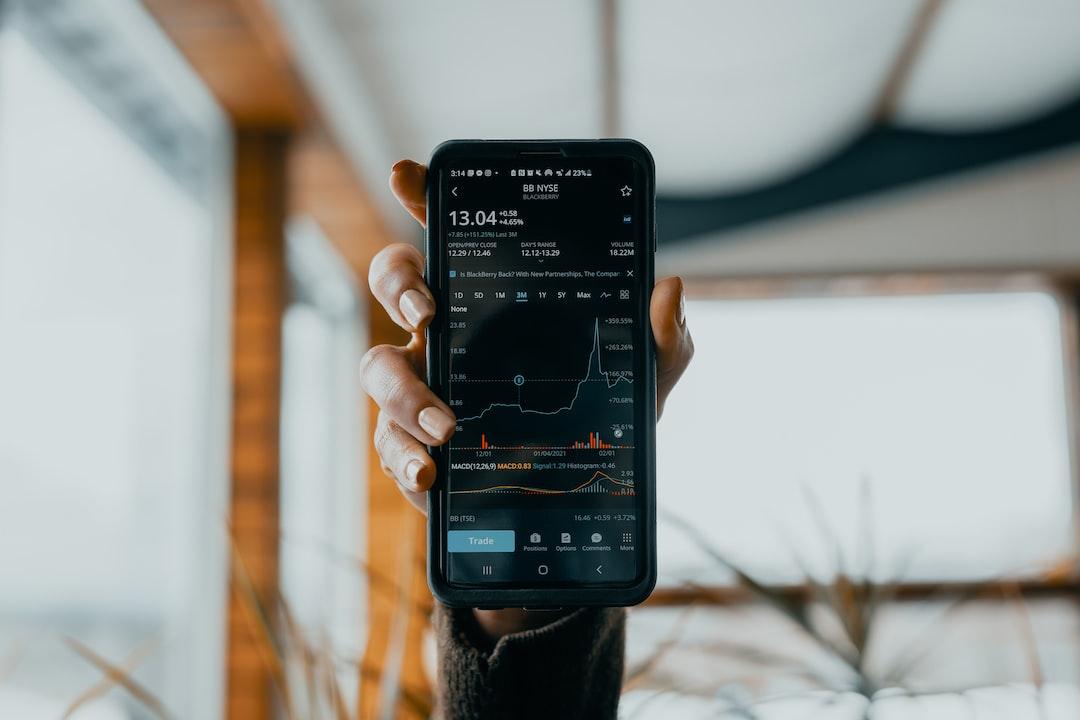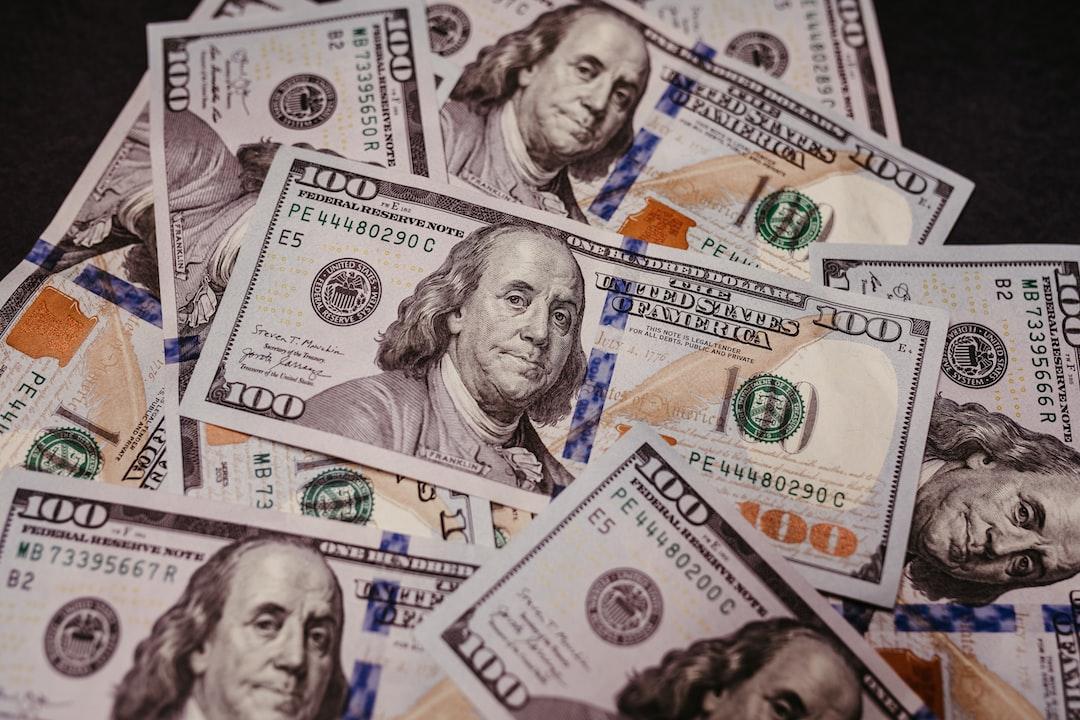As concerns about illegal capital outflows and money laundering deepen, the Financial Services Commission (FSC) of South Korea has proposed amendments to the Credit Finance Act today. The amendments aim to prohibit Korean citizens from using credit cards to purchase cryptocurrencies, with the hope of limiting Korean cryptocurrency investors from buying cryptocurrencies on foreign exchanges.
Background: The Korea Financial Supervisory Service visited SEC Chairman Gary Gensler in January to discuss a cross-border framework for cryptocurrencies.
The Financial Services Commission (FSC) of South Korea proposed amendments to the Credit Finance Act today, seeking to effectively ban Korean citizens from using credit cards to purchase cryptocurrencies. The legislative notice stated that the reason for proposing these amendments is related to concerns about illegal capital outflows, money laundering, and speculation within the country.
Collaboration with Visa and Mastercard to combat money laundering
According to the legislative notice, organizations, groups, or individuals who have opinions on these amendments can provide feedback to the Financial Services Commission of Korea before February 13. The Financial Services Commission of Korea will review and vote on the amendments, with the goal of implementing them in the first half of 2024.
According to the 2021 Financial Reporting Act amendment, Korean cryptocurrency users must conduct transactions using withdrawal and deposit accounts from local exchanges and verify their identities through real-name authentication. The amendment also requires local exchange operators to obtain strict licensing preparations in order to provide services for fiat currency deposits into cryptocurrencies, including establishing partnerships with local banks.
The Financial Services Commission of Korea stated that in the future, the Korean authorities will establish a cooperative foundation with international payment companies such as Visa and Mastercard to strengthen measures against foreign exchange outflows and money laundering.
South Korea strengthens cryptocurrency regulation
South Korea’s enthusiasm for cryptocurrency trading is well-known in the cryptocurrency market. According to a report released by the Korean National Tax Service in September last year, the total amount of foreign financial assets declared by Koreans reached 186.4 trillion Korean won, with cryptocurrency assets accounting for 130.8 trillion Korean won, approximately 70% of the total.
In order to improve the protection of cryptocurrency investors, South Korea has been actively regulating cryptocurrencies in recent months. In July last year, the Korean National Assembly passed the “Virtual Asset User Protection Act,” which consolidated 19 cryptocurrency-related bills, defined digital assets, and set penalties for illegal activities such as insider trading, market manipulation, and unfair transactions.
The act is expected to take effect in July 2024, but currently, the legislation only applies to non-security-type virtual assets, and there is still insufficient planning regarding whether virtual assets are securities and how to manage and regulate them.
Further reading: The announcement of the “Virtual Asset User Protection Act” and other laws in South Korea will take effect in July next year, forming a complete regulatory framework.
In November last year, the Financial Supervisory Service of South Korea announced the establishment of the “Virtual Asset Supervisory Bureau” and the “Virtual Asset Investigation Bureau.” The Virtual Asset Supervisory Bureau will be responsible for overseeing the virtual asset field, including regulating virtual asset business operators, conducting supervision and inspections, market monitoring, and improving systems.
The Virtual Asset Investigation Bureau is a department dedicated to investigating improper transactions and focusing on combating market disruption behaviors. Its core mission is to prevent market disorder caused by improper transactions and protect users from harm.

Related Reports
Do Kwon spent Lunar New Year in a Montenegrin prison! The US and South Korea compete for extradition, leading to another extension of the detention period.
Upbit, South Korea’s largest exchange: Daily deposit limit to be halved from 2024, restrictions on non-KYC customers’ withdrawals and deposits.
South Korea invites “100,000 citizens” to test CBDC in 2024, allowing digital won shopping.


